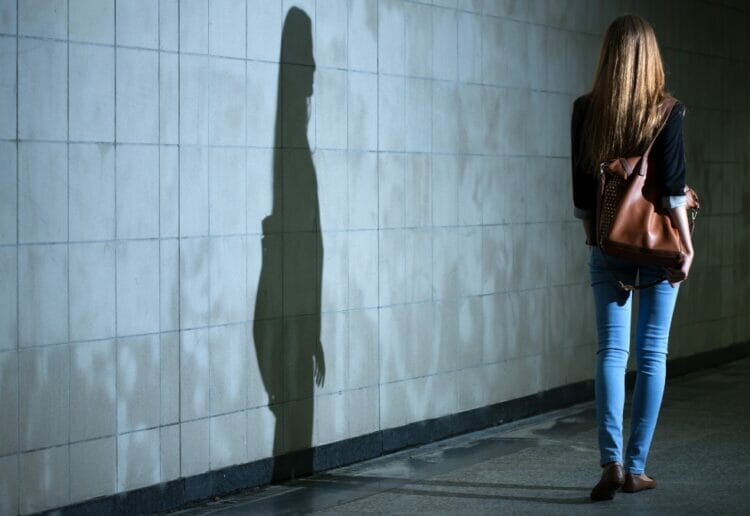READING Borough Council has laid out new alcohol licensing policy, with a renewed focus on keeping women and girls safe.
The council has said that it is making women’s safety a “key consideration” with its decision-making as a licensing authority ahead of a Licensing Committee meeting on Thursday, September 28.
After a consultation on proposals that took place over the summer, Reading Borough Council is poised to put through a tougher policy in late October if the plans are accepted.
The Licensing Act 2003 requires council licensing authorities to publish a Cumulative Impact Assessment if it is believed that granting further licenses could add to crime in a given area.
In August, the council cited data provided by Thames Valley Police in its plans, which it says shows “a significant issue with consistent levels of crime throughout the day, every day of the week.”
The new policy could see tougher requirements put in place for those applying for new alcohol licenses following a Cumulative Impact Assessment, which the council argued was evidence of an increase in crime in the town centre.
New measures mean that venues will apply to have the decision examined due to an increased likelihood of rebuttal, which results in a hearing at the council.
While the council says that it has “no reason” to expect increased numbers of hearings for its licensing committee, it also says that applications will still be considered on a case-by-case basis.
During the assessment, Thames Valley Police figures were cited showing that the Abbey/Battle area is where the most crime overall is reported, representing 33% of the total in 2021, rising to 37% in 2022.
They also showed that Saturdays and Sundays saw a combined share of 36% of crimes recorded compared to other days.
Speaking in August, a council spokesperson said: “Meeting the licensing objectives through the proposed policy could help attract more diverse and varied businesses.”
Now, following a recent increase in reports of both drink spiking and demand for welfare and police services in the town, the council says “further work” is required to improve safety.
A section focussing on this aspect of the night-time economy has been included as one of the key elements in the renewed policy.
Under the new section, the council lays out its plans to work with licensed premises to deliver welfare and vulnerability engagement training and the promotion of Reading’s Women’s Night-time Safety Charter, similar to that put in place in parts of London.
It will also work with organisations such as First Stop Reading and Street Pastors, as well as its participation in PubWatch and collaboration with Thames Valley Police, Reading’s Business Improvement District, and REDA.
It has further brought together council members, The University of Reading, Reading University Students Union, and Reading College through the Safer Students Partnership.
The full policy proposal, as well as a rundown of changes made since the previous policy, is available to view via the council’s website.
As part of its engagement with venues and night-time economy stakeholders, the council takes part in regular PubWatch meetings, including the annual conference on Monday, September 25.
Cllr Karen Rowland, lead councillor for Community Safety, was among the guest speakers at the event, where she explained that: “Our night-time economy is something we are all justifiably proud of, and makes Reading Reading.
“The past year saw the National Policing framework give special attention to violence against women and girls, and they requested it became a national policing priority – that is a goal shared by the council”
Ahead of the committee meeting set for Thursday, she explained: “Reading boasts a vibrant, lively night-time economy which people come from many miles around to enjoy.
“But we all have a responsibility to every single woman or girl to ensure we do everything possible to make our town a safe place in which to enjoy a night out.
“That is a joint responsibility shared among the Council and its partners, including the late-night bars, restaurants and entertainment venues that make-up our vibrant and attractive scene.”
She continued: “The Council’s new updated Licensing Policy further reiterates those standards that we expect from businesses and new applicants going forward in this area, with the introduction of a specific section on vulnerability and violence against women and girls.”
She also said that while the rise in spiking and welfare incidents was “by no means unique to Reading,” the council’s new policies and work with partners would look to reverse the increase.
The proposals are set to be discussed at a committee meeting on Thursday, September 28, before it is considered at a full council meeting in mid-October.
If accepted, it will come into force on October 22 this year.























